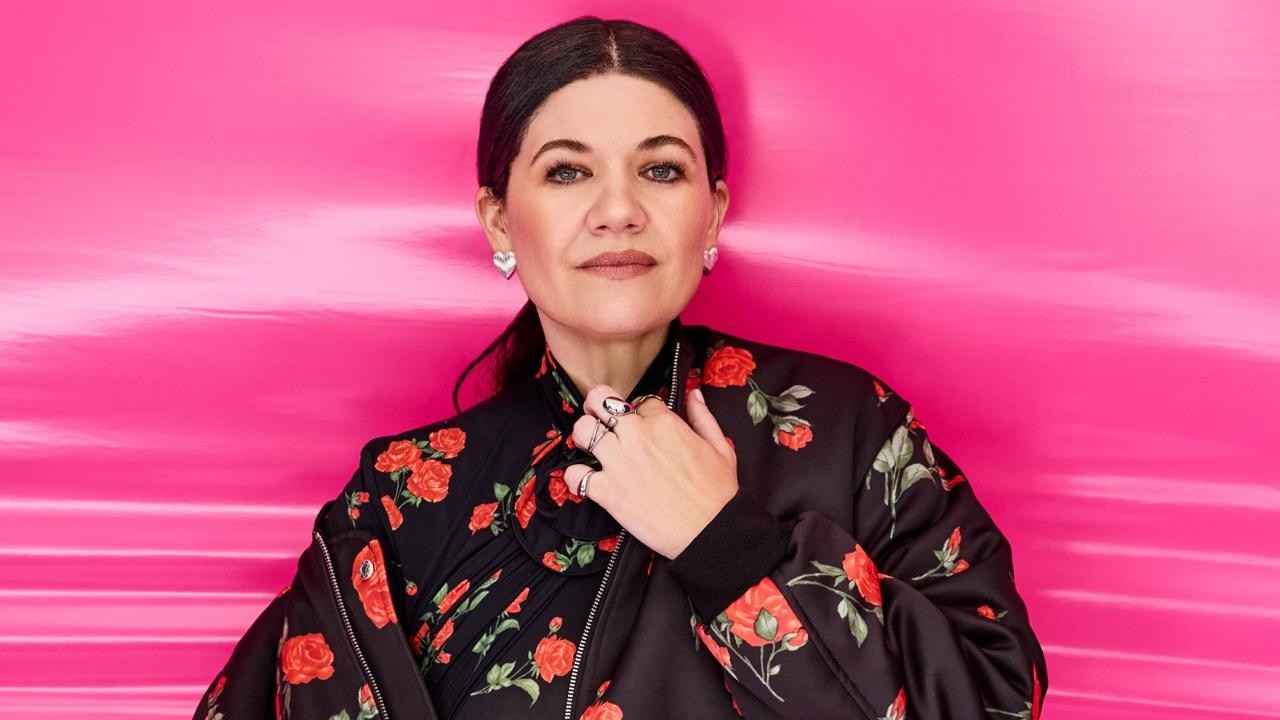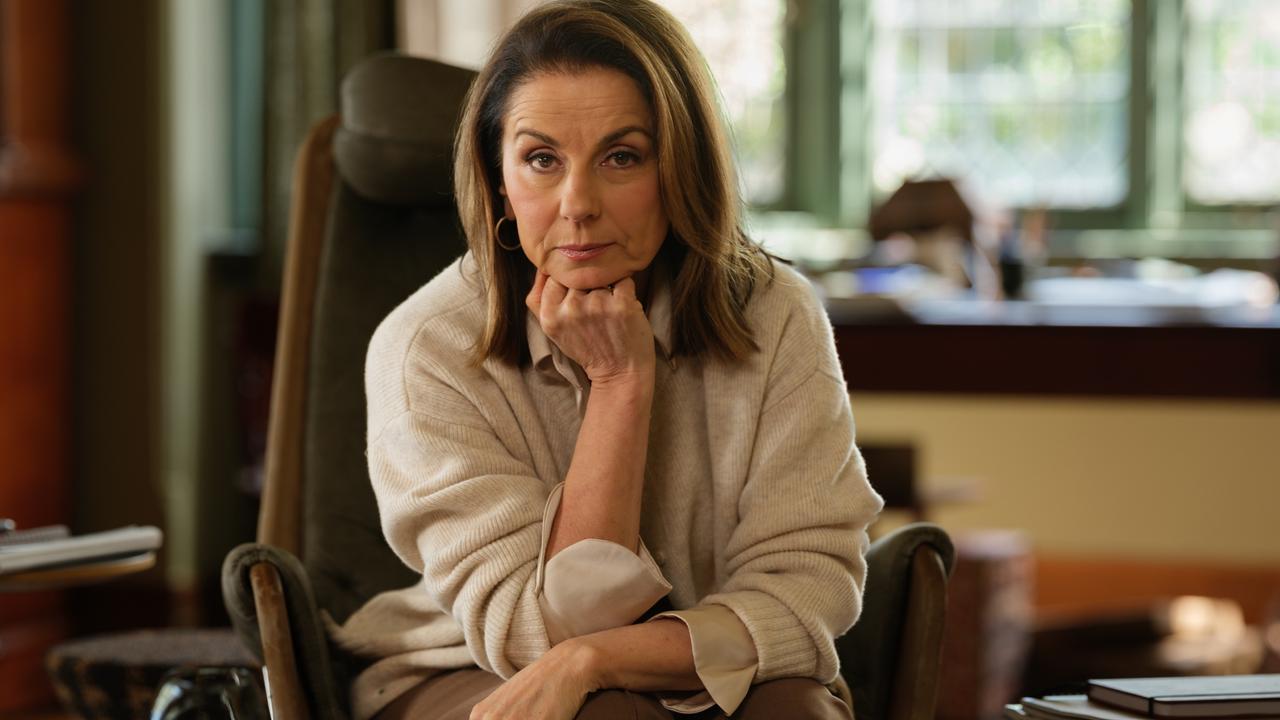Looking for Alibrandi author: ‘We aren’t tolerant enough’
Even though it has been almost three decades since then-unknown author Melina Marchetta’s debut novel changed the Australian literary landscape, she believes the book’s themes remain as relevant as ever.

It is one of the most successful and beloved Australian novels of the past 30 years. But Looking For Alibrandi should never have been published.
The odds stacked against then-unknown author Melina Marchetta’s debut book were as high as could be.
“When I first began looking up publishers in the Yellow Pages,” she tells Stellar, “they always told me one in 2000 unsolicited manuscripts are accepted each year. And that won’t be you.”
Marchetta was, for starters, only 19 when she began writing the book at night in her bedroom, after getting home from her full-time job.
MORE STELLAR:
What happened to Claire Forlani?
Danny DeVito was eating WHAT in Batman Returns?
She had left school at 15; she also lacked industry connections, let alone an agent or a book deal.
It was also the early ’80s. Today readers can’t get enough of homegrown fiction — consider the success of titles like The Dry, Boy Swallows Universe and the entire Moriarty catalogue, which have sold stacks and earned interest from Hollywood.
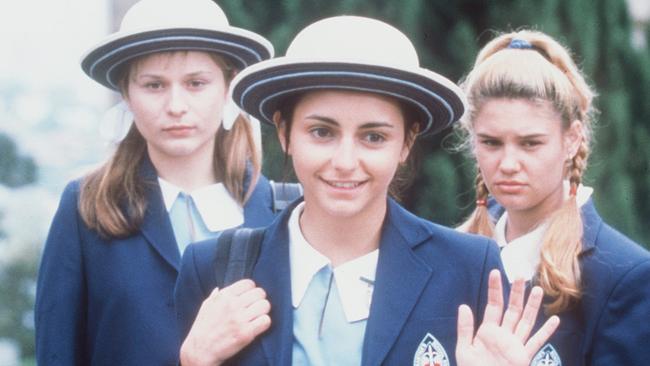
Back then? A local market barely existed, and if you were lucky enough to get in front of a publishing executive, the last three words they wanted to hear were “Australian debut author”.
“The other three were ‘coming of age’,” says Marchetta; at that point, young adult fiction, which has also exploded in popularity, was even lower down the ladder.
As well as being a teenager, heroine Josephine Alibrandi was a second-generation Australian-Italian immigrant living in Sydney’s sequestered inner west.
The fact that the migrant experience was not part of the mainstream conversation should have been the final strike.
Instead, it was the exact thing that motivated Marchetta to write. The daughter of first- and second-generation immigrant parents herself, Marchetta, now 54, was born and raised in the same area where her book is set.
Her mother passed down a passion for reading but, says Marchetta, “What struck me as an older teenager was I never found anything that reflected my story.”
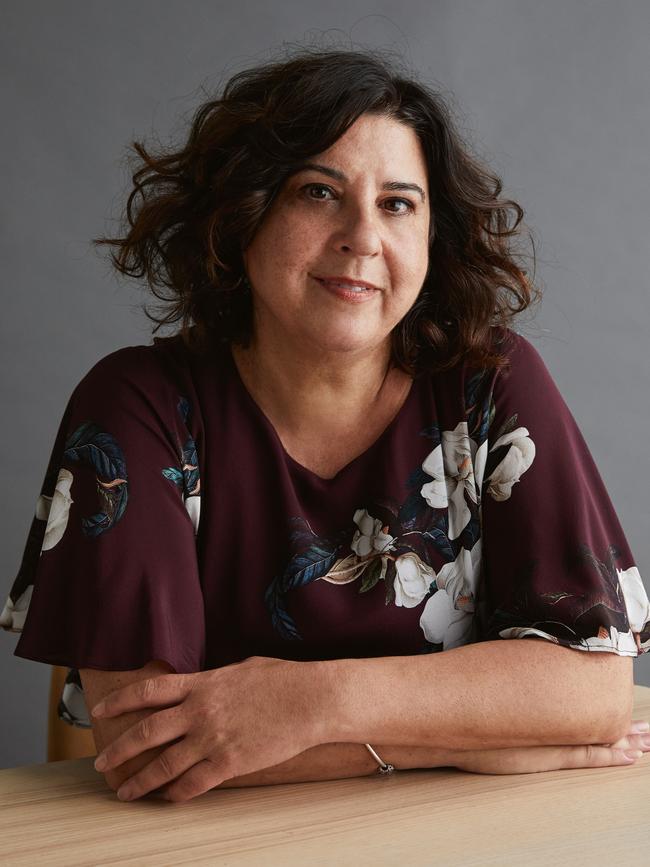
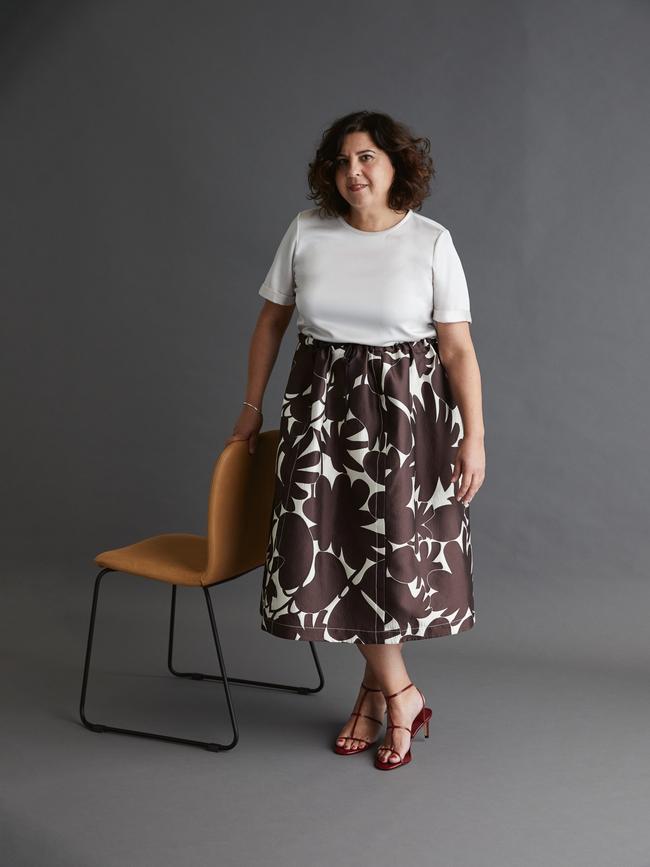
Eight years after she began, in 1992, the book was finally picked up and published. Marchetta hardly expected it to resonate beyond a small swath of readers.
“I worked out I knew 200 people in the world and most of that was extended family and school friends, so I thought, ‘OK: 200 people will read it,’” she says. “And after my sister finished it, she said she loved it... ‘But only people like us will read it.’”
They were wrong on both counts. Looking For Alibrandi was universally adored — it has since sold half a million copies in 16 countries, was made into a critically acclaimed 2000 box-office hit that won five AFI Awards and has featured in the Year 12 English syllabus.
And by writing one of the first popular novels about multiculturalism, Stellar points out, Marchetta arguably advanced a national conversation around diversity.
“I’d like to think I have,” she concedes. But she doesn’t believe things have come far enough. “We talk a lot about being a tolerant country and we are, but not to the extent I would like to see. I think Josie would feel the same as me — disappointed but still fighting.”
Creating a safe place for teens to explore the toughest issues is something Marchetta — who qualified and worked for years as a high school teacher — has always tried to do.
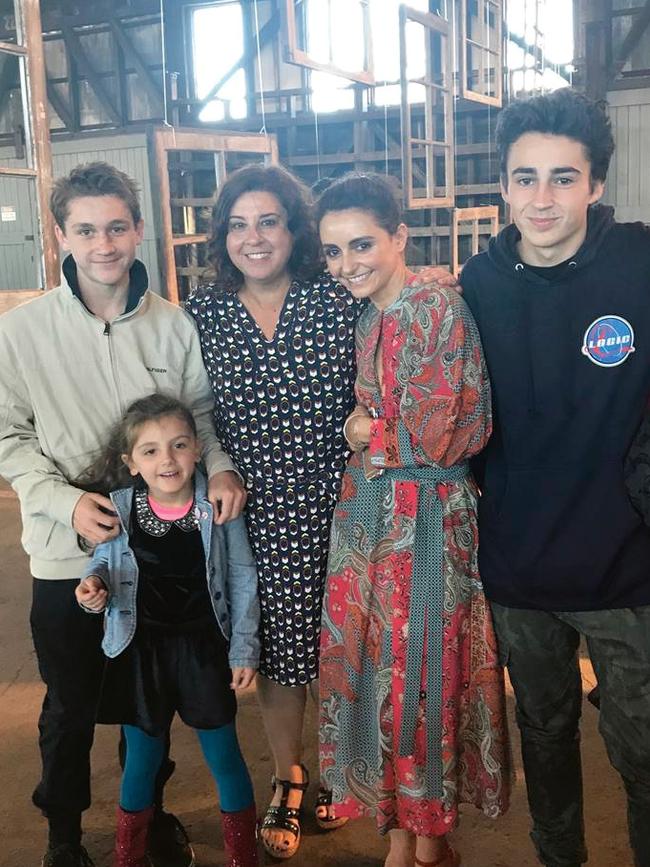
That’s one of the reasons she still regularly speaks in schools. Another, she jokes, is it gets her out of the house: “As a writer, you spend so much time alone. The most exciting thing that happens in my day is going out to check the mail.”
But her domestic life isn’t as orderly as it once was, thanks to the “wonderfully wild” seven-year-old daughter Marchetta began fostering as a toddler and was finally able to adopt last year.
“I used to have to write in a particular place but now it can be a laptop in the car — it doesn’t matter. There’s no place I can go in my house, including the bathroom, where I can get any privacy.”
And she is a single mother, which changes the dynamic in another way. “Raising a child with someone else means there are moments you can switch off. I really can’t because” — she starts to laugh — “this child goes to sleep talking and wakes up talking.”
Still, it doesn’t seem to have dented her productivity. Her new book The Place On Dalhousie is a family saga which reintroduces Jimmy Hailler, a character from three previous novels who is, Alibrandi aside, one of her most beloved.
For that reason, it’s sent her fans into a Goodreads frenzy, never mind the fact it’s not out yet. Like all authors, Marchetta says, “After every novel I think, ‘Oh my god — what if that’s the last one?’ But I’ve learnt to just wait for the next one to come. After all, it’s happened nine times.”
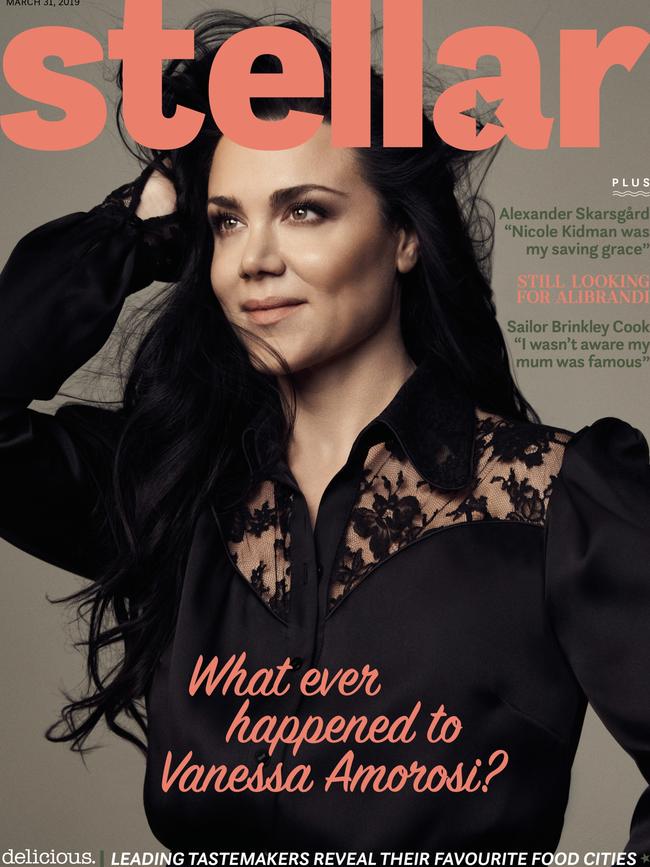
Of all her 10 novels, the follow-up to Alibrandi was the hardest to write.
“God, definitely,” says Marchetta. “It took 11 years to produce [2003’s] Saving Francesca and constantly I’d hear, ‘Oh, she’s done nothing in-between.’
“And I would think, ‘Well... I have a full-time job.’ I got asked every week of my life, I’m not exaggerating. I felt a lot of pressure.”
She also wrote Alibrandi’s screenplay during that time, and now two other screen adaptations are in the works — Saving Francesca and On The Jellicoe Road (2006) are in early production, and Marchetta has written the screenplays for both.
Despite this, she is loath to say that showbiz has become her natural habitat. From the glacial pace of development to the changes it can demand of a book, “Film can be heartbreaking, I have to say.”
Yet there is a twinge of recognition when she sees other Australian bestsellers like Big Little Lies and The Slap appear on the screen.
“It’s just a relief for me that they’ve been done well,” she says. “Adaptations are really hard. Thank god I write novels!”
The Place On Dalhousie (Penguin, $32.99) is out on Tuesday.

